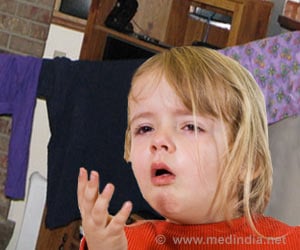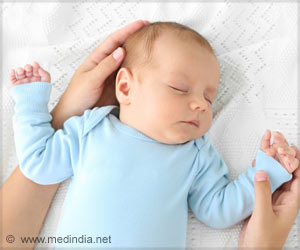A new study has revealed that eldest children are more likely to be punished by their parents for breaking the family discipline.
Ginger Zhe Jin, an assistant professor of economics at Maryland University in the US who co-wrote the study report, revealed that first-born children were meted out harsher punishments by their mothers and fathers.The study also showed first-born children to be more likely to suffer financial penalties, such as stoppage of their pocket money .
According to the researchers, parents usually grow tires of the so-called tough love by the time younger children are born.
In their study report, appearing in the Economic Journal, they write that younger children run a greater chance of going off the rails when they grow up.
Drop out of school, drink, take drugs or become teenage parents are some of the risks that younger children face, says the report.
The researchers believe that their study will raise fresh questions about the way some parents raise their children.
Advertisement
"As a result, the theory predicts that last-born and only children, knowing that they can get away with much more than their older brothers and sisters, are, on average, more likely to engage in risky behaviour," Zhe Jin added.
Advertisement
They observed that first-born children were generally better-behaved and less likely to get into serious trouble in their teenage years.
The team further observed that second or third-born children were also more skilled at "playing the system" after seeing how their older siblings were treated by their parents.
Source-ANI
SPH/L





